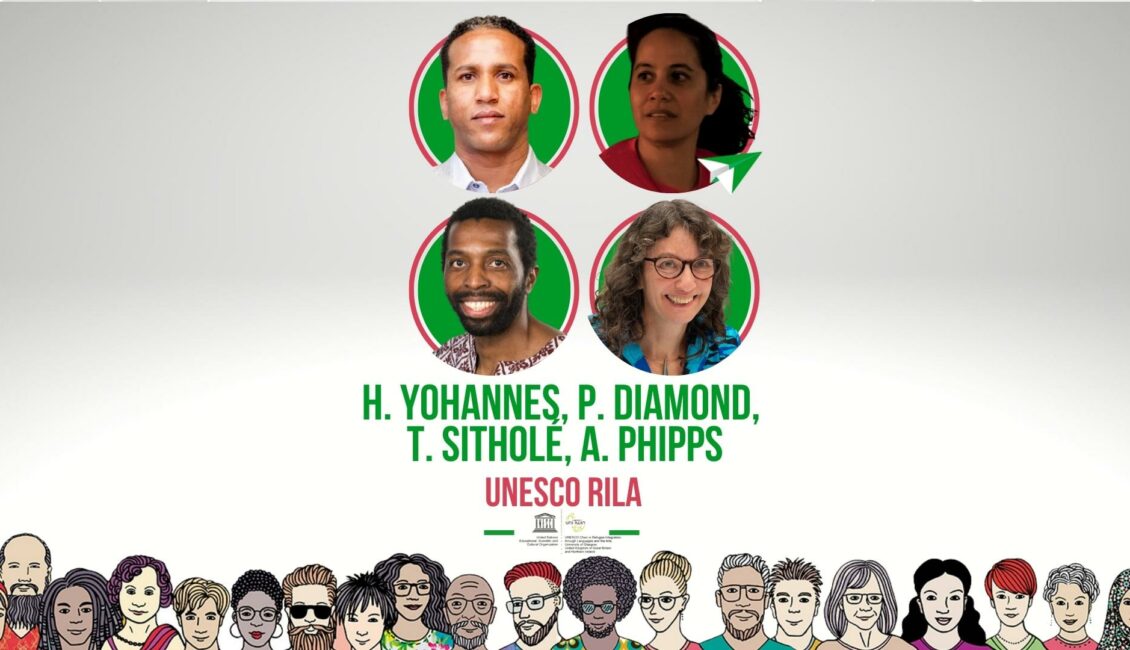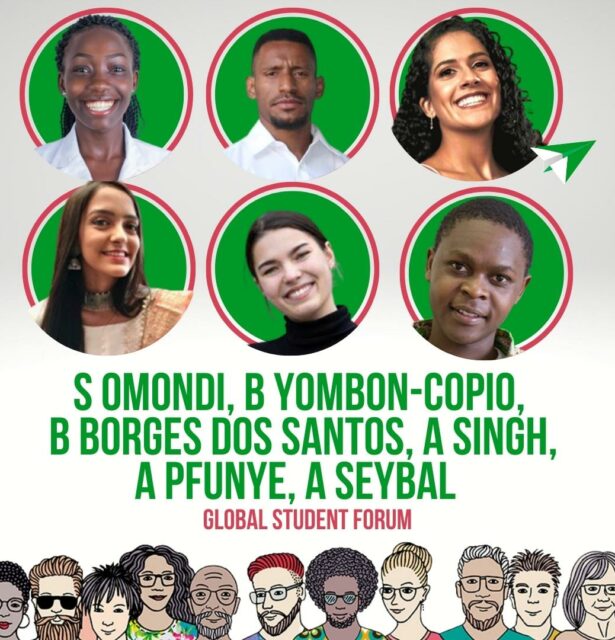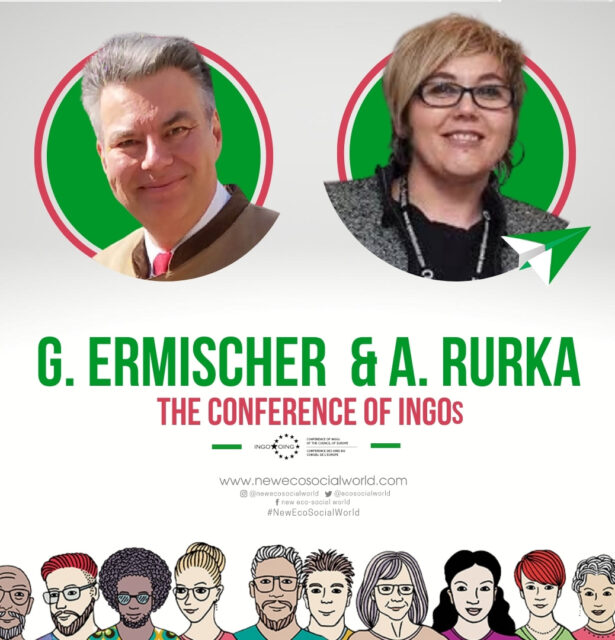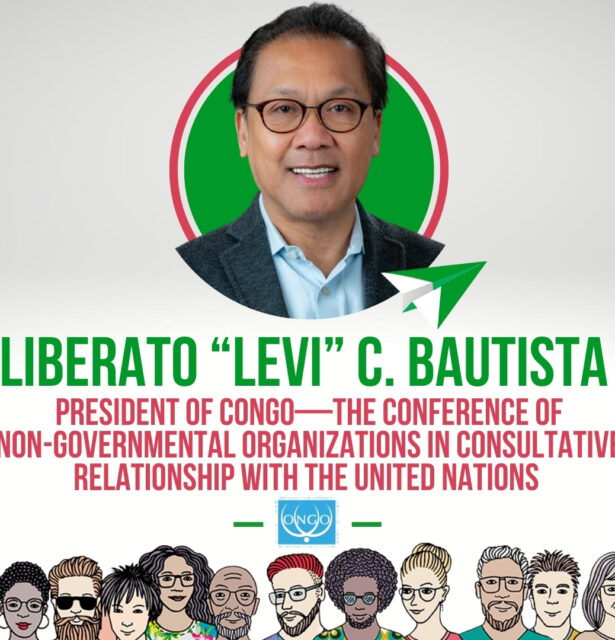
Join this session:
*The speakers of this session will speak in English/German/ te reo Māori/ Tigrinya/ Shona/ French/ Arabic
Those Left Behind: Radical Dependency, Arts and Refuge
*Content advisory: Please note that this keynote contains descriptions of human trafficking and gender-based violence.
In many of the world’s cultures the idea of personhood extends to the realm of nature and to the spirit or ancestral realm. For western notions of statehood and scholarship such animation is at best troubling and at worst derided. In this keynote panel discussion four scholar-artists will focus on four dimensions of what is ‘left behind’ and ‘who is left behind’. Together they call for a restorative frame which allows for the integration of forms of knowledge and understanding from those experiencing the loss and damage in eco-cultural life. It is here that the challenge of cultural justice can be more widely considered, and the beginnings of a theory of restorative integration might be developed.
To accomplish this Hyab Yohannes will present his concept and empirical stories from those who have been left behind, and from the carceral experience of Eritrean refugees. Piki Diamond will present her work in the bicultural space of Te Titiriti o Waitangi and the widening of perspective brought by acknowledgement, through Pepeha, of the radical dependency we have on the land, and ancestral knowledge. Tawona SItholé will speak of Dare – the circles of belonging that we remake in new places and form as children. Alison Phipps will then develop the discussion through a focus on what arts and cultural justice work can bring to the need for both restorative and regenerative
integration.
✦ Hyab Yohannes is a researcher with a Ph.D. in the Realities of Eritrean Refugees in a Carceral Age from the University of Glasgow, where he currently works as Academic Coordinator for UKRIfunded Culture for Sustainable and Inclusive Peace Network Plus project.
✦ Piki Diamond is Māori (indigenous to Aotearoa New Zealand) a descendant of Ngāti Tūwharetoa and Ngāpuhi tribes with British heritage stemming from Sussex. She is an academic developer and doctoral candidate at Auckland University of Technology, who co-designed Ako Aronui (an indigenous alignment to the UKPSF) and is developing a Tiriti-honouring curriculum. ‘Honouring te Tiriti o Waitangi’ (Treaty of Waitangi) is at the heart of her research and teaching; where her decolonising approach is focused on the one’s consciousness of their conscience, that is the relationship of one’s morals and collective ethics. Piki is currently working with staff in the School of Critical Science
(Health) in developing their Tiriti-honouring curriculum. Piki has been a collaborating researcher with UNESCO RILA and Art Lab on the wisdom that is prevalent in indigenous cultures which offer new ways of being, doing and knowing
✦ Tawona Sitholé is a poet, playwright, mbira musician, educator and facilitator. His ancestral family name, Ganyamatope, is a reminder of his heritage, which inspires him to make connections with other people through creativity, and the natural outlook to learn. As co-founder of Seeds of Thought arts group, Tawona’s work involves supporting and facilitating access to the creative arts.
✦ Alison Phipps is the holder of the UNESCO Chair for Refugee Integration through Languages and the Arts and Professor of Languages and Intercultural Studies at the University of Glasgow. Alison has twenty years of research experience in using creative and intercultural methodologies.





